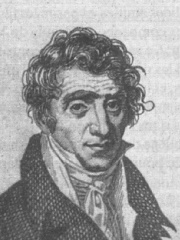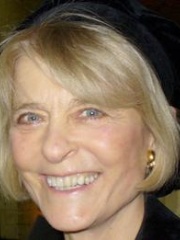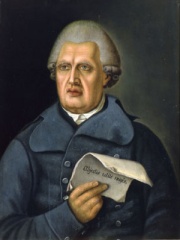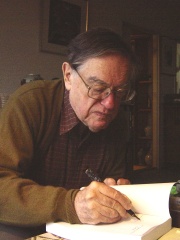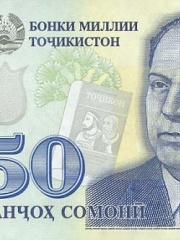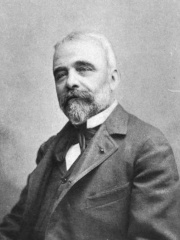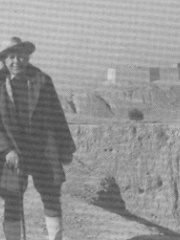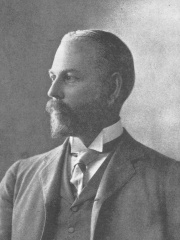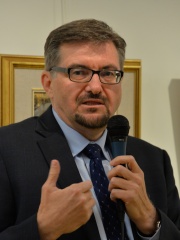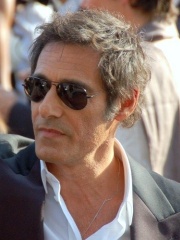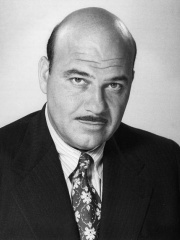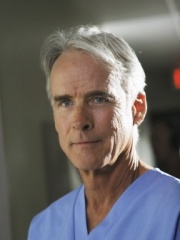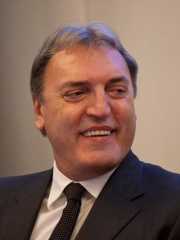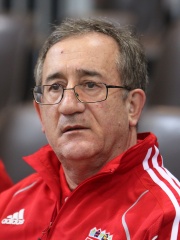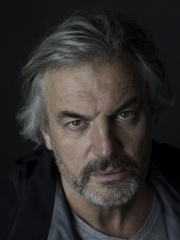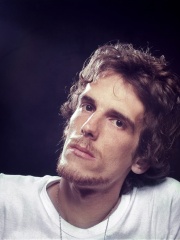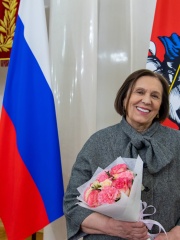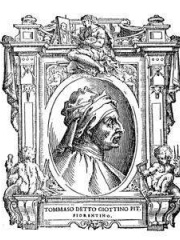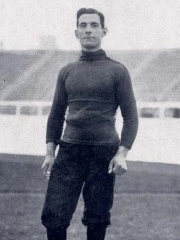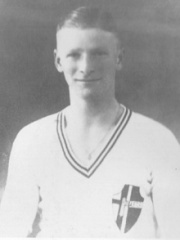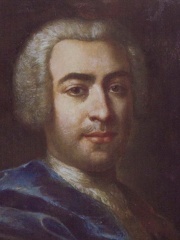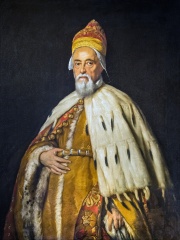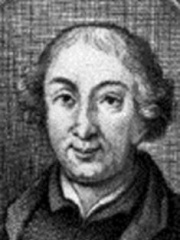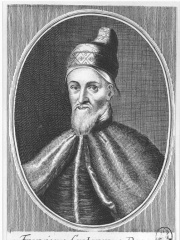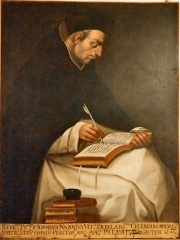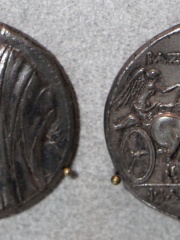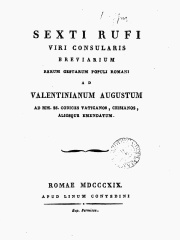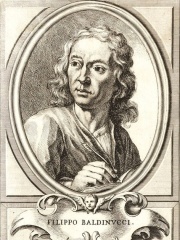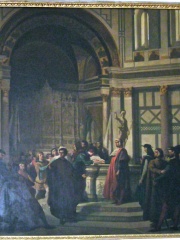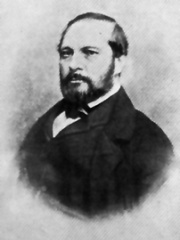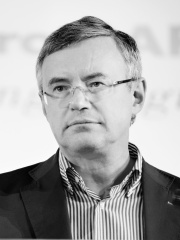HISTORIAN
Andrea Riccardi
1950 - Today
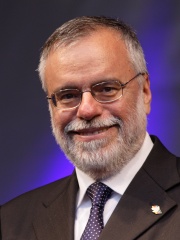
 Andrea Riccardi
Andrea Riccardi
Andrea Riccardi (born 16 January 1950) is an Italian historian, professor, politician and activist, founder of the Community of Sant'Egidio. He served as minister for international cooperation without portfolio in the Monti Cabinet. Read more on Wikipedia
His biography is available in 20 different languages on Wikipedia. Andrea Riccardi is the 343rd most popular historian (up from 382nd in 2024), the 3,223rd most popular biography from Italy (up from 3,467th in 2019) and the 23rd most popular Italian Historian.
Memorability Metrics
Page views of Andrea Riccardi by language
Among HISTORIANS
Among historians, Andrea Riccardi ranks 343 out of 561. Before him are Joseph-François Michaud, Patricia Crone, Henrik Gabriel Porthan, Robert Darnton, Donald Keene, and Quintus Claudius Quadrigarius. After him are Bobojon Ghafurov, Ernest Lavisse, Philip K. Hitti, Richard N. Frye, Ernest Fenollosa, and Serhii Plokhy.
Most Popular Historians in Wikipedia
Go to all RankingsJoseph-François Michaud
1767 - 1839
HPI: 58.22
Rank: 337
Patricia Crone
1945 - 2015
HPI: 58.20
Rank: 338
Henrik Gabriel Porthan
1739 - 1804
HPI: 58.19
Rank: 339
Robert Darnton
1939 - Present
HPI: 58.19
Rank: 340
Donald Keene
1922 - 2019
HPI: 58.17
Rank: 341
Quintus Claudius Quadrigarius
200 BC - 100 BC
HPI: 58.13
Rank: 342
Andrea Riccardi
1950 - Present
HPI: 58.10
Rank: 343
Bobojon Ghafurov
1908 - 1977
HPI: 58.09
Rank: 344
Ernest Lavisse
1842 - 1922
HPI: 58.03
Rank: 345
Philip K. Hitti
1886 - 1978
HPI: 58.02
Rank: 346
Richard N. Frye
1920 - 2014
HPI: 58.00
Rank: 347
Ernest Fenollosa
1853 - 1908
HPI: 58.00
Rank: 348
Serhii Plokhy
1957 - Present
HPI: 57.99
Rank: 349
Contemporaries
Among people born in 1950, Andrea Riccardi ranks 295. Before him are Gérard Lanvin, Jon Polito, John Terry, Dino Meneghin, Lino Červar, and Derek de Lint. After him are Renate Stecher, Luis Alberto Spinetta, Maggie MacNeal, Seyla Benhabib, Seid Memić Vajta, and Tatyana Ovechkina.
Others Born in 1950
Go to all RankingsGérard Lanvin
ACTOR
1950 - Present
HPI: 58.17
Rank: 289
Jon Polito
ACTOR
1950 - 2016
HPI: 58.17
Rank: 290
John Terry
ACTOR
1950 - Present
HPI: 58.15
Rank: 291
Dino Meneghin
BASKETBALL PLAYER
1950 - Present
HPI: 58.12
Rank: 292
Lino Červar
POLITICIAN
1950 - Present
HPI: 58.11
Rank: 293
Derek de Lint
ACTOR
1950 - Present
HPI: 58.11
Rank: 294
Andrea Riccardi
HISTORIAN
1950 - Present
HPI: 58.10
Rank: 295
Renate Stecher
ATHLETE
1950 - Present
HPI: 58.08
Rank: 296
Luis Alberto Spinetta
SINGER
1950 - 2012
HPI: 58.07
Rank: 297
Maggie MacNeal
SINGER
1950 - Present
HPI: 58.00
Rank: 298
Seyla Benhabib
PHILOSOPHER
1950 - Present
HPI: 58.00
Rank: 299
Seid Memić Vajta
SINGER
1950 - Present
HPI: 57.97
Rank: 300
Tatyana Ovechkina
BASKETBALL PLAYER
1950 - Present
HPI: 57.97
Rank: 301
In Italy
Among people born in Italy, Andrea Riccardi ranks 3,224 out of 5,161. Before him are Giottino (1324), Ugo Pignotti (1908), Lorenzo Antonetti (1922), Dino Meneghin (1950), Alberto Braglia (1883), and Mario Perazzolo (1911). After him are Francesco Araja (1709), Francesco Erizzo (1566), Tommaso Ceva (1648), Francesco Contarini (1566), Claudio Marchisio (1986), and Mario Cipollini (1967).
Others born in Italy
Go to all RankingsGiottino
PAINTER
1324 - 1357
HPI: 58.12
Rank: 3,218
Ugo Pignotti
ATHLETE
1908 - 1989
HPI: 58.12
Rank: 3,219
Lorenzo Antonetti
RELIGIOUS FIGURE
1922 - 2013
HPI: 58.12
Rank: 3,220
Dino Meneghin
BASKETBALL PLAYER
1950 - Present
HPI: 58.12
Rank: 3,221
Alberto Braglia
GYMNAST
1883 - 1954
HPI: 58.11
Rank: 3,222
Mario Perazzolo
SOCCER PLAYER
1911 - 2001
HPI: 58.11
Rank: 3,223
Andrea Riccardi
HISTORIAN
1950 - Present
HPI: 58.10
Rank: 3,224
Francesco Araja
COMPOSER
1709 - 1770
HPI: 58.09
Rank: 3,225
Francesco Erizzo
POLITICIAN
1566 - 1646
HPI: 58.09
Rank: 3,226
Tommaso Ceva
MATHEMATICIAN
1648 - 1737
HPI: 58.08
Rank: 3,227
Francesco Contarini
POLITICIAN
1566 - 1624
HPI: 58.08
Rank: 3,228
Claudio Marchisio
SOCCER PLAYER
1986 - Present
HPI: 58.08
Rank: 3,229
Mario Cipollini
CYCLIST
1967 - Present
HPI: 58.07
Rank: 3,230
Among HISTORIANS In Italy
Among historians born in Italy, Andrea Riccardi ranks 23. Before him are Annius of Viterbo (1437), Philistus (-430), Festus (390), Marino Sanuto the Younger (1466), Filippo Baldinucci (1625), and Quintus Claudius Quadrigarius (-200). After him are Dino Compagni (1255), Michele Amari (1806), Girolamo Mei (1519), and Alessandro Barbero (1959).
Annius of Viterbo
1437 - 1502
HPI: 61.05
Rank: 17
Philistus
430 BC - 356 BC
HPI: 60.06
Rank: 18
Festus
390 - 380
HPI: 59.98
Rank: 19
Marino Sanuto the Younger
1466 - 1536
HPI: 59.46
Rank: 20
Filippo Baldinucci
1625 - 1697
HPI: 59.04
Rank: 21
Quintus Claudius Quadrigarius
200 BC - 100 BC
HPI: 58.13
Rank: 22
Andrea Riccardi
1950 - Present
HPI: 58.10
Rank: 23
Dino Compagni
1255 - 1324
HPI: 57.67
Rank: 24
Michele Amari
1806 - 1889
HPI: 56.92
Rank: 25
Girolamo Mei
1519 - 1594
HPI: 55.20
Rank: 26
Alessandro Barbero
1959 - Present
HPI: 52.33
Rank: 27
